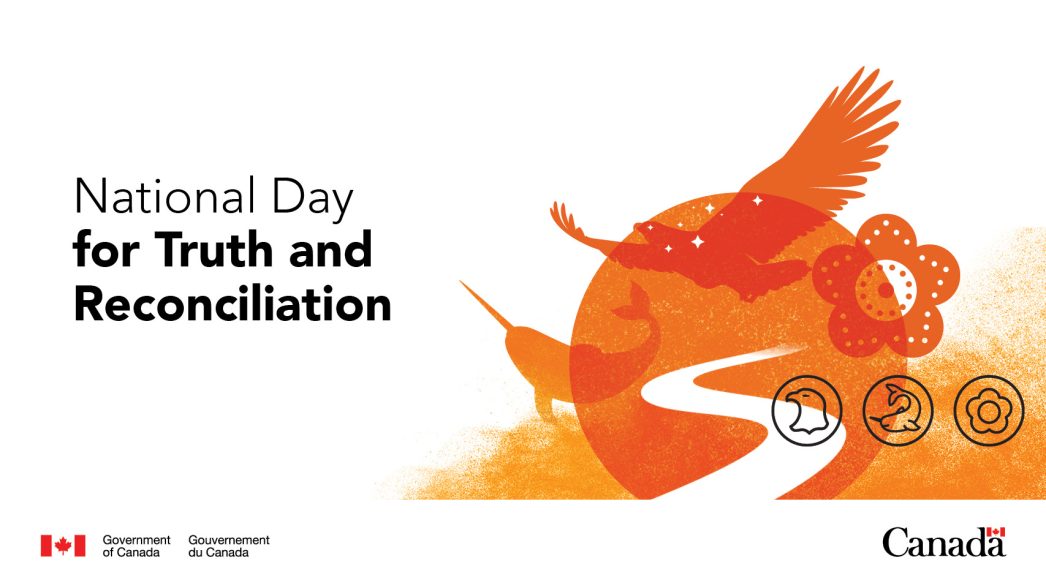On this National Day for Truth and Reconciliation 2024, we stand in solidarity with Indigenous communities across Canada as we honor the survivors of residential schools and remember those who did not return home. This day serves as a vital reminder of the ongoing impacts of colonialism. It also reminds us of the importance of acknowledging the truths of our shared history.
At CanFASD, we recognize the unique challenges faced by Indigenous peoples regarding Fetal Alcohol Spectrum Disorder (FASD). Historical and ongoing colonial systems, policies, and practices have created a unique set of circumstances that contribute to FASD among Indigenous peoples. However, many Indigenous peoples have led efforts to resist these colonial circumstances, and to push back against deficit-focused narratives. We are committed to fostering respectful partnerships and engaging in meaningful dialogue. Equally, we are dedicated to prioritizing Indigenous knowledge and perspectives in our research and advocacy efforts.
Indigenous resources on FASD
CanFASD has an Indigenous resource page on our website. It highlights articles and resources written from an Indigenous perspective on FASD that may be of interest to our audience. Above all, we intend to provide a collection of resources that are particularly relevant to Indigenous peoples. This webpage is intended to highlight resources that provide examples of culturally safe practice, uplift Indigenous-guided work, and foster understandings that begin to address the structural health inequities that impact Indigenous peoples and communities.
Exploring Best Practices for FASD Within Indigenous Communities
Lakota Wood, a member of the 2024 CanFASD Trainee Program, wrote an important blog on Exploring Best Practices for FASD Within Indigenous Communities. She highlights some of the important concepts she learned throughout her time in the training program regarding FASD within Indigenous communities in Canada. She also gives an overview of indigenous practices and approaches to FASD prevention.
Indigenous partnership, reconciliatory research, and action
In another blog post (taken from the CanFASD annual report 2023-2024), Indigenous Liaison, Melissa Tremblay, looks back on the past year and updates readers on the progress made in CanFASD’s commitments to Indigenous partnership, reconciliatory research, and action. This includes examining the alignment between principles of Indigenous substance use treatment and FASD-informed substance use treatment; dedicating a conference session to listening to Indigenous peoples’ perspectives on FASD assessment, diagnosis, and support; and co-creating a Canadian FASD Indigenous Framework.
Decolonization: what is CanFASD doing?
Increasing our capacity to support reconciliation and Indigenous-led research is a key priority for CanFASD. This year’s roundtable meeting saw our team gather to unpack the topic of decolonization. The meeting included our Board of Directors, Staff, Research Leads, Family Advisory Committee and Adults with FASD Expert Collaboration Team. Led by Dr. Melissa Tremblay, we considered what decolonization means and brainstormed how CanFASD can continue evolving.
As we reflect on the past, we also look to the future with hope. Together, we can work towards healing, understanding, and creating supportive environments for all individuals and families affected by FASD. Let us honor the resilience of Indigenous communities and commit to actions that promote reconciliation and justice.
Finally, we encourage everyone to take time today to learn, listen, and engage in conversations that contribute to a more inclusive and equitable society.

